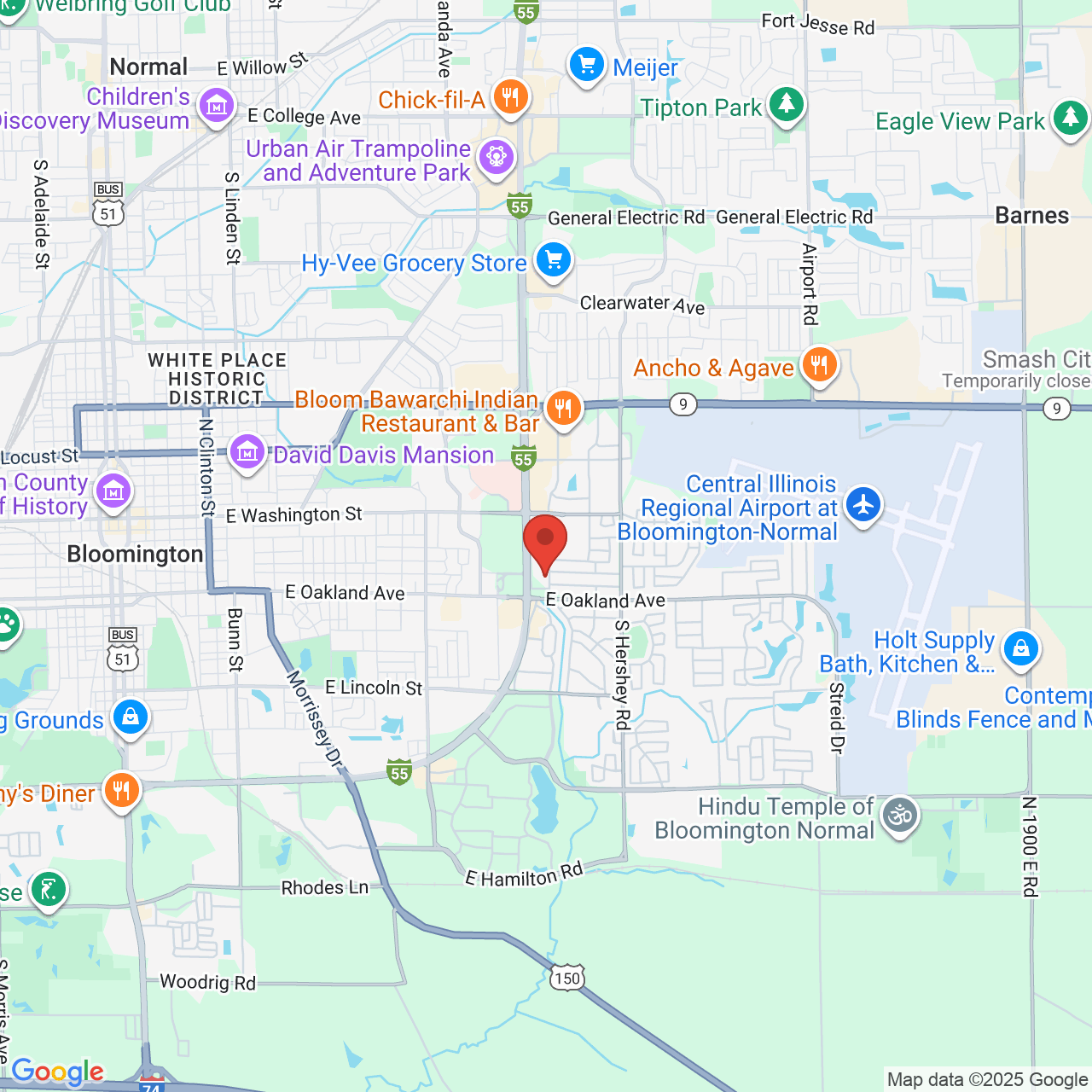How to Avoid Tooth Erosion: Causes and Treatments
 Tooth erosion is something we are all prone to. Daily wear and tear, acidic foods, soft drinks, even hard bristled toothbrushes all contribute to enamel erosion. Enamel erosion can leave the teeth vulnerable to decay, cause changes in appearance, and lead to increased tooth sensitivity. Once enamel is gone, it will not replenish itself. Fortunately, there are steps you can take to reduce enamel erosion and there are even dental treatments that can repair years of enamel damage and restore the look and function of your teeth. Bloomington cosmetic dentists Jay W. Chrisman and David Wyse offer a variety of procedures to erase tooth erosion and restore dental health. As with most health conditions, prevention is better than requiring treatment. By understanding the causes of tooth erosion, you will be better equipped to protect your teeth.
Tooth erosion is something we are all prone to. Daily wear and tear, acidic foods, soft drinks, even hard bristled toothbrushes all contribute to enamel erosion. Enamel erosion can leave the teeth vulnerable to decay, cause changes in appearance, and lead to increased tooth sensitivity. Once enamel is gone, it will not replenish itself. Fortunately, there are steps you can take to reduce enamel erosion and there are even dental treatments that can repair years of enamel damage and restore the look and function of your teeth. Bloomington cosmetic dentists Jay W. Chrisman and David Wyse offer a variety of procedures to erase tooth erosion and restore dental health. As with most health conditions, prevention is better than requiring treatment. By understanding the causes of tooth erosion, you will be better equipped to protect your teeth.
What Is Tooth Erosion?
Tooth erosion, simply put, is the loss of dental enamel. Dental enamel is the extremely hard, protective outer layer of the teeth. The enamel protects the inner layers of the teeth, specifically the dentin. As enamel is worn away, the dentin becomes exposed, allowing hot and cold foods and drinks to reach the dental nerves. Temperature fluctuations can cause pain in sensitive teeth. Not only can teeth lacking enamel be susceptible to increased sensitivity, they are also vulnerable to developing cavities.
The Causes of Tooth Erosion
Tooth erosion can take years to manifest or can happen in a short period of time. There are many causes that can erode enamel and lead to dental problems. Some of the most common causes of tooth erosion include:
- Regular drinking of soft drinks and fruit juice: Sugary soft drinks and fruit juices are one of the most common causes of tooth erosion. The bacteria in our mouths love sugar and produce acid as they digest the sugars. This acid is in direct contact with the teeth, contributing to enamel erosion and cavities.
- Consuming acidic foods and drinks: Acid, including seemingly harmless acids in foods and drinks like citrus fruits and juices, erodes dental enamel. You should still feel free to enjoy acidic foods like pineapple and oranges, just be sure to rinse your mouth out with water after consumption and wait at least 30 minutes before brushing your teeth.
- Poor dental hygiene: Improperly brushing and flossing (or failure to regularly do either) allows bacteria to thrive, leading to tooth erosion. Brush twice a day, at least two minutes each time, and floss once a day to keep the teeth healthy and reduce erosion.
- Aggressive tooth brushing: Though brushing the teeth regularly is one of the most important steps to reducing tooth erosion, brushing the teeth too aggressively can actually cause damage. Hard bristled toothbrushes, abrasive toothpastes, and even applying too much pressure can wear away enamel. Opt for a soft bristled brush instead.
- Dry mouth: Saliva is the body's natural way to \ flush away food particles and bacteria and neutralize the acid in our mouths. Those with dry mouth are prone to a build-up of food particles and acid.
- Teeth grinding: Teeth grinding causes a wearing down of the enamel through the friction generated by the teeth grating against each other.
- Acid reflux: For those who suffer from acid reflux, any stomach acid that may come up into the mouth can contribute to enamel erosion.
- Excessive vomiting: As with acid reflux, vomiting introduces the stomach acids into the mouth. Bulimia or regular binge drinking, in which frequent vomiting is involved, can cause major damage to the tooth enamel as well as other serious health problems.
Preventing and Treating Tooth Erosion
Prevention is the best way to combat tooth erosion, however, there are dental treatments that can be performed to reverse the damage of dental erosion. Preventative treatments for tooth erosion include:
- Practice proper oral hygiene
- Switch to a soft bristled toothbrush and use a non-abrasive toothpaste
- See your dentist for regular check-ups and cleanings
- Limit acidic, sugary foods and drinks
- Seek treatment for acid reflux or frequent vomiting
- Drink plenty of water (especially if you suffer from dry mouth)
- Chew sugar-free gum to encourage saliva production
Tooth erosion that requires restorative dentistry can be repaired with a variety of treatments. Such treatments include:
- Dental bonding
- Porcelain veneers
- Tooth-colored dental fillings
- Inlays and onlays
- Porcelain crowns
Get Treatment for Tooth Erosion
Don't let tooth erosion go untreated. It can lead to serious problems like dental decay and tooth loss. Schedule a consultation today to discuss your treatment options.



